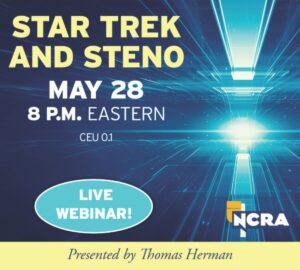Building a website can put you on the Internet, literally, whether you run a for-profit enterprise or you dabble in a nonprofit hobby. But creating an online presence doesn’t necessarily mean that people will find you.
The most common way that people find websites remains Web search engines, and search engines such as Google, Yahoo, and Bing do a good job of sending out digital “spiders” to crawl the Web and index its pages. But you can help them do their job.
The idea is to improve where your site winds up on the search engine’s results pages after any given person’s search for a particular word or string of words related to the content of your site.
The process of improving your site’s search results is called search engine optimization (SEO). It’s a part of search engine marketing (SEM), which in turn is a part of the larger category of Internet marketing. Entire businesses have sprung up to provide SEO services to clients, and SEO is now firmly engrained in the services that most general advertising and public relations agencies provide. But there’s a lot that you can do yourself.
Along with helping others find you, SEO can also boost any advertising revenue generated by your site, if you include ads on it, through people visiting it. The single most important step you can take to help people find your content is to create great content, said Michael Wyszomierski, a project manager on the search quality team at Google. Start with something substantial — a good product or service and quality information. “We want people to be happy with Google results,” he said.
Think about what people will be searching for when looking for you and include those “keywords” in a natural, organic way in the content that you provide. Include synonyms and similar phrases as well since not everybody says the same thing in exactly the same way.
Minimize the use of jargon or technical terms that insiders might know and make you sound like an expert but wouldn’t likely be the words that people would type in a search query. Use plain language instead of — or at least in conjunction with — the more specialized language.
Avoid “keyword stuffing” and other techniques that are considered “black hat” SEO and deceptive. For years, people have tried to trick Google and other search engines by loading pages with keywords that a searcher might type. These words are typically placed at the bottom of a page, off screen, or in a font color that’s the same as the page’s background color to make the words visible only to search engine spiders.
Google and other search engines can lower a site’s search ranking or even eliminate it from their results for engaging in this. Similarly, don’t repeat keywords too many times within the text of any given page because Google could regard that as search engine “spam” as well.
Include keywords as appropriate in your pages’ title and meta description “tags” when coding your site. The title tag is the text in the <HEAD> section of a page between <TITLE> and </TITLE>, and it shows up to visitors in their browsers’ tab.
The meta description tag is optional but useful. It typically goes after the title tag, describing the site or page in about a dozen words, such as: <META NAME=“Description” CONTENT=“ The [specific] industry’s hardest working company in providing [specific] solutions to [specific] customers.”>
Google will use this in describing your site in its search results. Otherwise it will pick other text from your site that may not be as descriptive or as likely to draw people to your site.
Carefully choose your site’s headlines and subheads — the text in your H1 and H2 tags — because Google gives them extra weight as well.
Get your site linked to other sites, particularly popular sites. Google’s breakthrough in generating relevant results was basing search rankings on sites linking to other sites. Sites are returned first that other sites link to, and the more sites that link to those sites, the more weight their links carry.
Stay away from “link farms,” which are websites that aren’t bona fide directories but schemes solely designed to improve other sites’ search rankings. Being included in them can actually hurt your rankings.
Similarly, avoid duplicating the same content found at different sites.
For other basic tips, read Google’s “Webmaster Guidelines” (google.com/web masters) and “Bing Webmaster Tools” (bing.com/toolbox/webmaster). For more indepth tips, check out Google’s “Webmaster Academy” (g.co/webmasteracademy).











